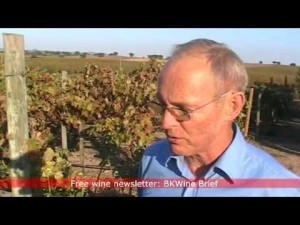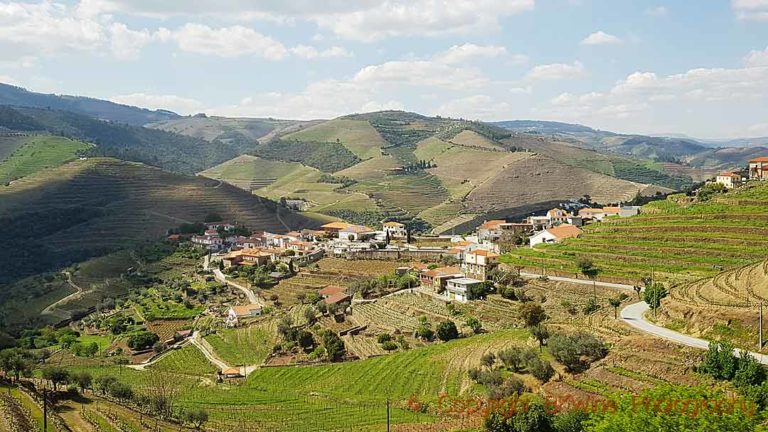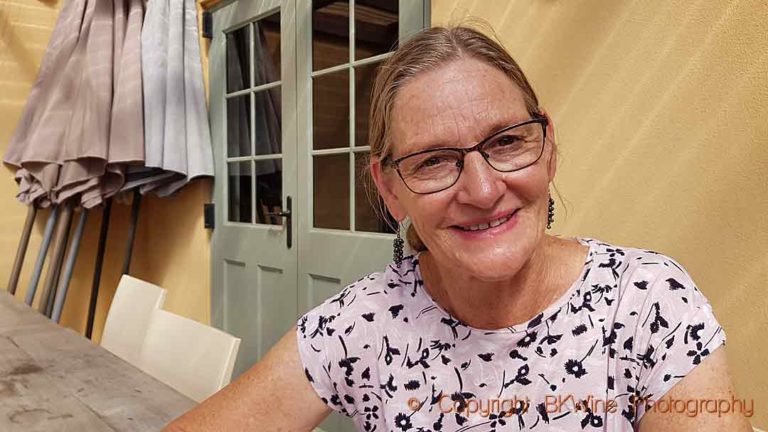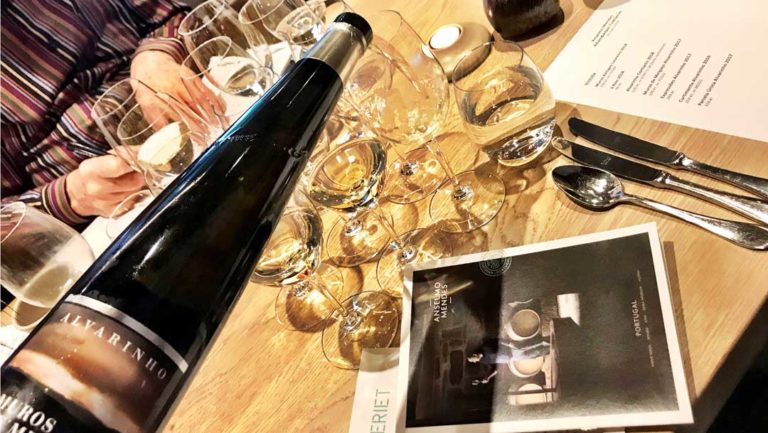Interview with the founder, owner and winemaker of the winery Cortes de Cima: Hans Kristian Jorgensen, in the vineyards of the estate. Cortes de Cima is one of the leading wine estates in the Alentejo, a wine region an hour or two east of Lisbon that has undergone a revival in the last few decades.
Hans Kristian and his wife have a background in the plantation industry in Malaysia. They had a dream to start a vineyard. It could have been in Australia, in California or elsewhere. They happened to come to Portugal to visit friends with a sail boat and discovered the country. They liked the climate and the people. Probably the friendliest people in Europe, says Hans Kristian. That was in 1986. After two years they found the Cortes de Cima estate. The total area is 450 hectares of which 150 ha are planted with vines. There were originally only 5 ha of vines so virtually all is planted by the Jorgensens.

Life as a start-up winery was not easy. They did some mistakes and then some more. They tried different varieties and have now found some that work well in the hot and dry climate. They work with both imported varieties and local varieties, some that are only found in Portugal. For example: touriga nacional and trincadeira, aragones are some unique local varieties. Tempranillo, shiraz (syrah), petit verdot more internationally well know. The grape varieties that have worked best for Cortes de Cima are aragones, tempranillo, trincadeira, shiraz, touriga nacional and petit verdot.
What about the future of the Portuguese wines? They are not known to the world, says Hans Kristian Jorgensen, and it is an uphill battle to make the world get to know the Portuguese wines. There is a however a bright future for wines from Portugal! So should you focus on strange named grape varieties with difficult to pronounce names or on well known international varieties? Hans Kristian thinks they need to use both known varieties that are easier to sell but also the unique ones. You also have to have entry level wines that are very affordable, very commercial, and available to the mass markets (not only exclusive and expensive wines). In addition you can then have more sophisticated and complex varieties and too.
– By BKWine, https://www.bkwine.com
– Interview & production: Per Karlsson, BKWine
– Editing: Louise Duseigneur
– Music: Patrik Lundin
© Copyright BKWine AB 2011
This video was made at the occasion of the European Wine Bloggers Conference 2009 in Lisbon (#EWBC). More info on the wine blogger conference here.









